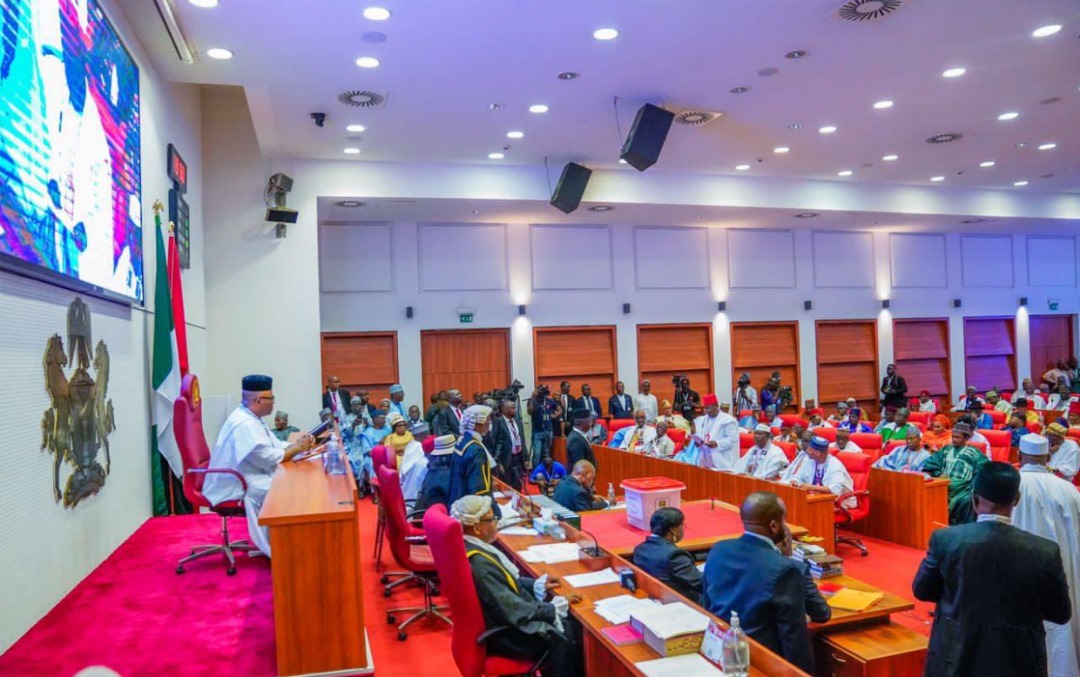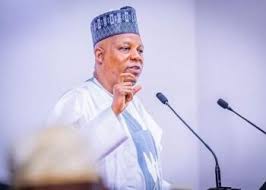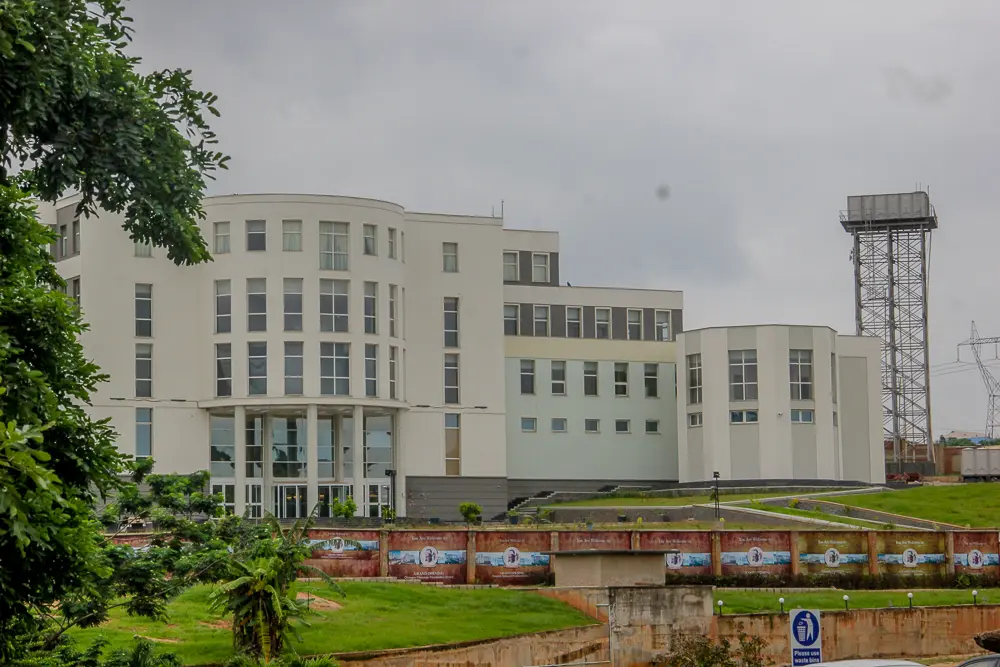In what some might call the latest episode of Nigeria’s political game of musical chairs, four Senators elected on the platform of the Peoples Democratic Party (PDP) have officially jumped ship—landing comfortably in the arms of the ruling All Progressives Congress (APC). Their reason? “Irreconcilable differences” within the PDP. Translation: the house was too hot, and the kitchen too noisy.
The political switch happened live during Wednesday’s Senate plenary, with Senate President Godswill Akpabio reading aloud their letters of defection—each one penned with similar language but surely different personal motivations. He then instructed the Clerk of the Senate to enter their exit notes into the official records, sealing their divorce from the PDP.
Those waving goodbye to their former party include:
-
Francis Fadahunsi (Osun East)
-
Oluwole Olubiyi (Osun Central)
-
Aniekan Bassey (Akwa Ibom North East)
-
Samson Ekong (Akwa Ibom South)
Their decision now tilts the balance of power in the 10th Senate, giving the APC a firmer grip with 70 seats, while the PDP trails with 28. The smaller parties are still holding on: Labour Party has 5 seats, SDP 2, APGA and NNPP one each—tiny but still part of the mix.
If this sounds like déjà vu, that’s because it is. Party defections, especially from opposition to ruling parties, are part of Nigeria’s political tradition—like jollof rice at a wedding or rain during a Lagos campaign rally. In Nigeria, when politicians say “irreconcilable differences,” it’s often code for deeper turf battles, lost influence, or even survival instincts in a system where being close to power can mean the difference between political life and oblivion.
While none of the defecting Senators have publicly named names or pointed fingers, the move reflects ongoing tensions and cracks within the PDP—particularly in the South West and South South regions. Political watchers have long speculated about rifts in the opposition party’s structure, and Wednesday’s defection only confirms that all is not well in the umbrella camp.
The APC, on the other hand, seems to be enjoying the moment. Present to cheer the new converts were bigwigs like Senator Ajibola Basiru, the party’s National Secretary, and Senator Chris Ngige, the ex-Minister of Labour. Some House of Reps members also showed up to ‘greet’ their new colleagues—after all, celebration is sweeter when shared.
But what does this mean for everyday Nigerians?
On the surface, not much changes. The Senate will continue debating bills, approving budgets, and holding hearings. But beneath that, the political realignments hint at how parties are positioning themselves ahead of 2027. For many of these lawmakers, it’s about strategic survival—being where the power is, or at least where it’s going.
As one political analyst jokingly put it, “In Nigeria, politicians don’t cross carpet anymore—they fly with private jets.”
Whether these defections will strengthen the APC or weaken the PDP enough to shift national dynamics remains to be seen. For now, though, the red chamber has once again proven that in Nigerian politics, loyalty to ideology often takes the back seat—while personal interest drives the wheel.
And as always, the rest of us watch, comment, and prepare for the next plot twist. Because one thing is certain: the show is far from over.





